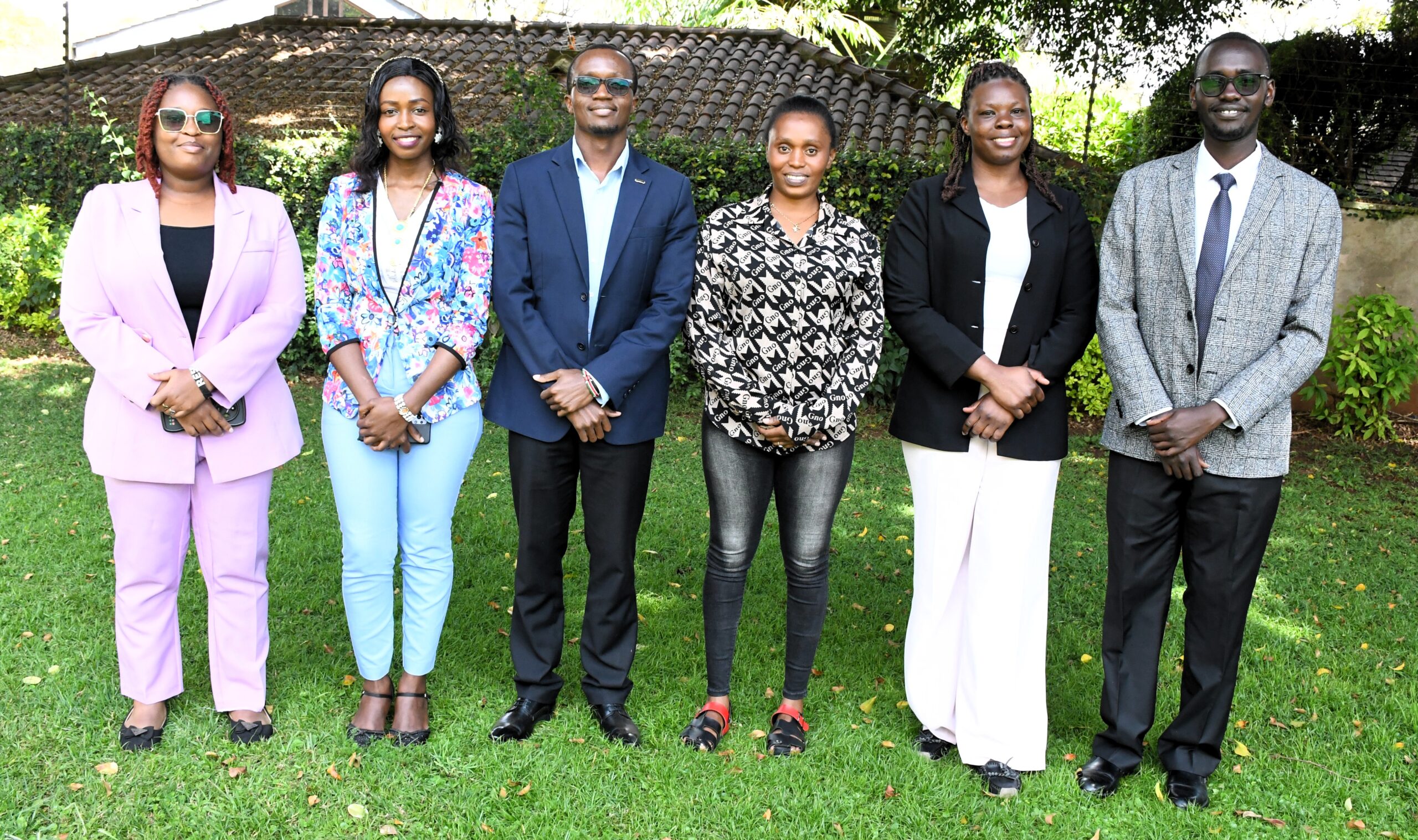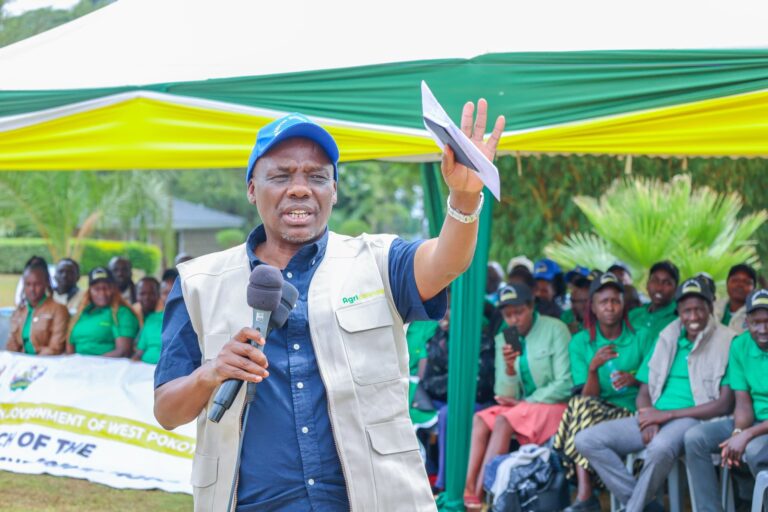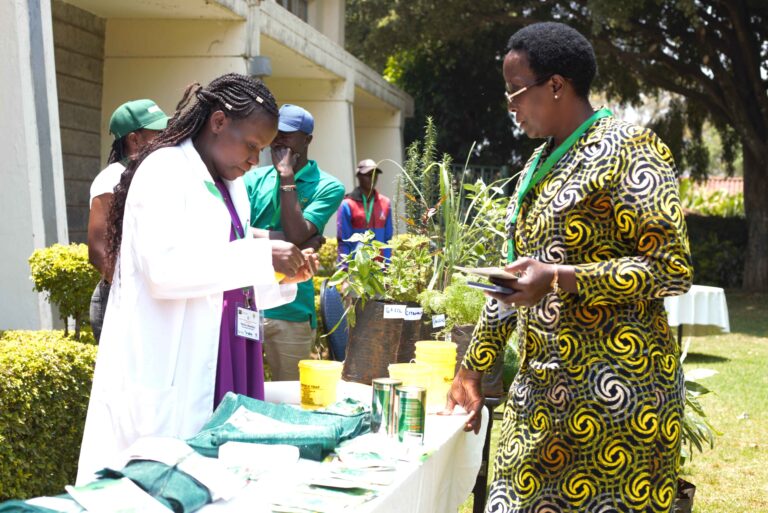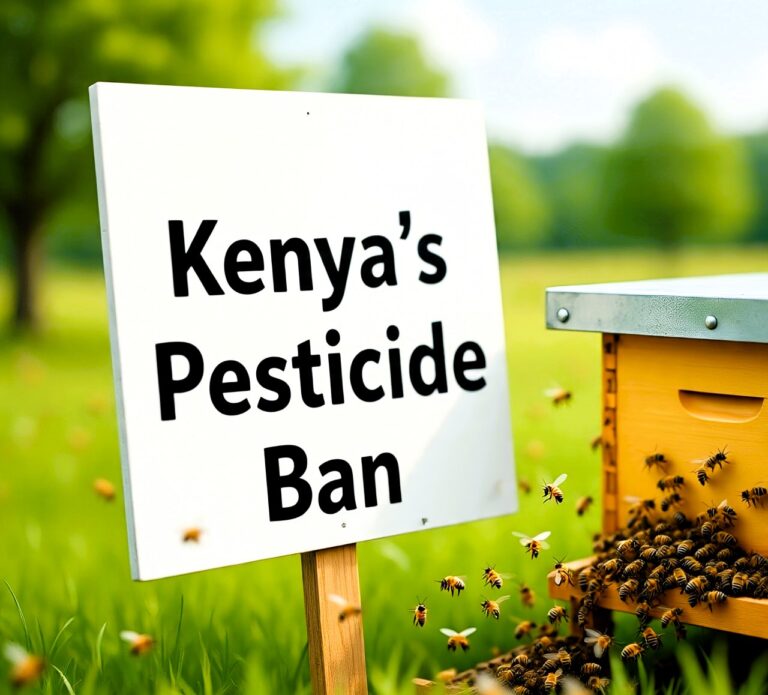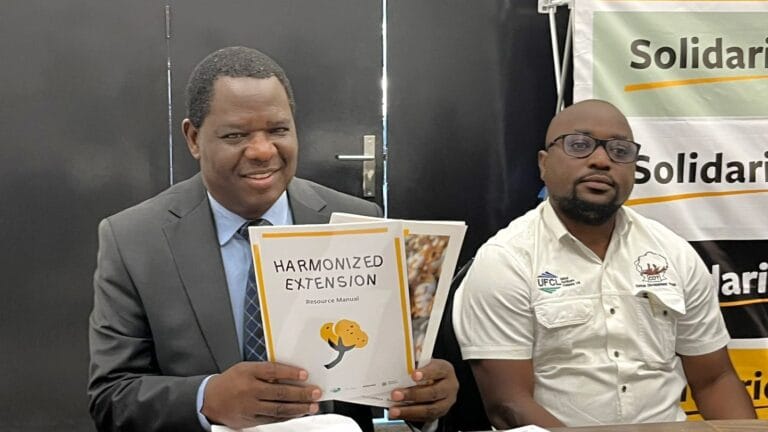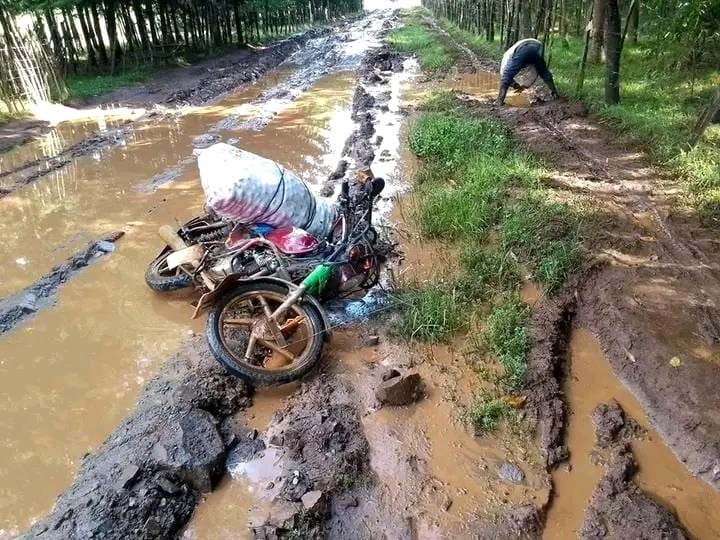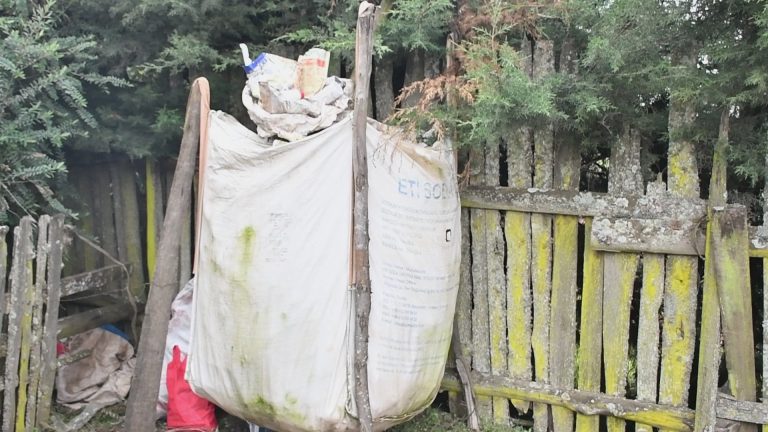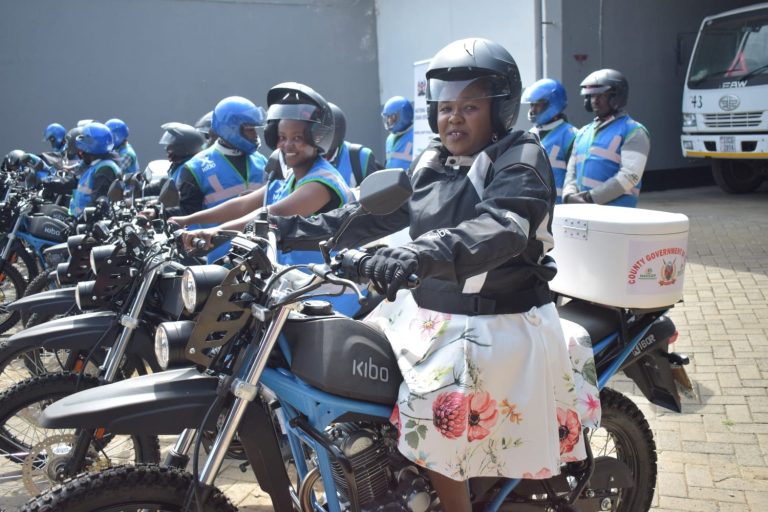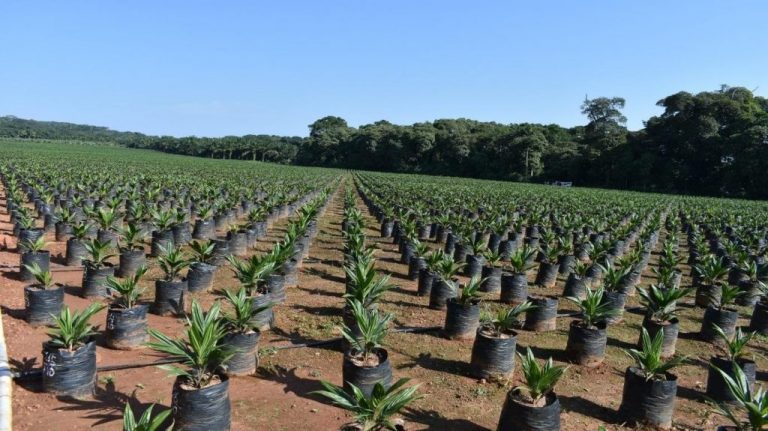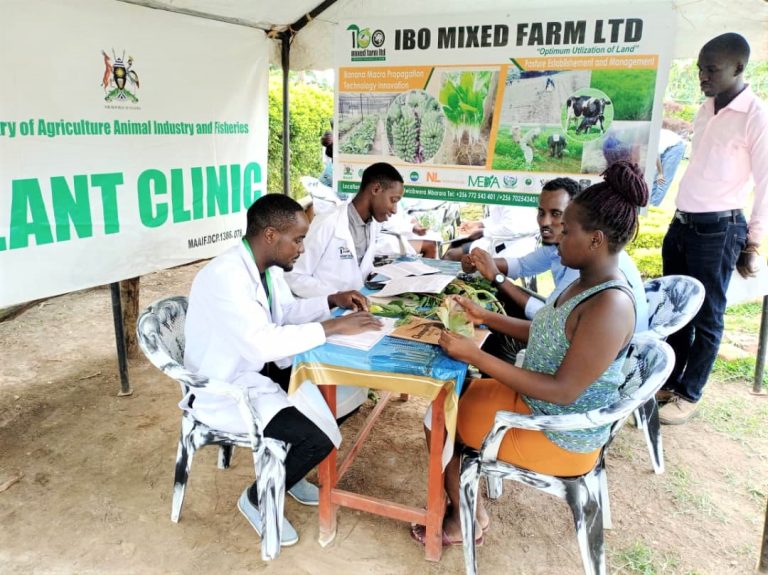By Kimuri Mwangi
The Forum for Agricultural Advisory Services – Kenya (KeFAAS) has stepped up efforts to strengthen agricultural extension through international training opportunities, sending young Kenyan professionals to China for advanced studies.
Established in 2015 and registered as an NGO in 2016, KeFAAS brings together players from academia, research, and both the public and private sectors to improve the delivery of Agricultural Extension and Advisory Services (AEAS). Its mission is to boost productivity, food, and nutrition security for smallholder farmers across the country.
In 2024, KeFAAS partnered with the Food and Agriculture Organization’s (FAO) Office of Innovation and China Agricultural University (CAU) to promote the Multi-actor Agricultural Innovation Platform (MAIP) in Africa. This collaboration paved the way for the launch of the Science and Technology Backyard (STB) project in Kenya, aimed at cultivating young African professionals to drive sustainable agricultural transformation.
Under the initiative, the first cohort of three young extension professionals was admitted to a Master’s degree programme in Resource Utilization and Plant Protection at CAU. The three-year sandwich programme involves a year of study in China, a year of fieldwork in Kenya, and a final year in China for thesis completion.
Peter Mwangi, the Country Focal Person for KeFAAS, explained the significance of the exchange. “We have been partnering with China Agricultural University for the last two years, where we have established a relationship through FAO to identify young agripreneurs who have a background in agriculture to go to China to learn about the innovations and technologies from China,” Mwangi said.
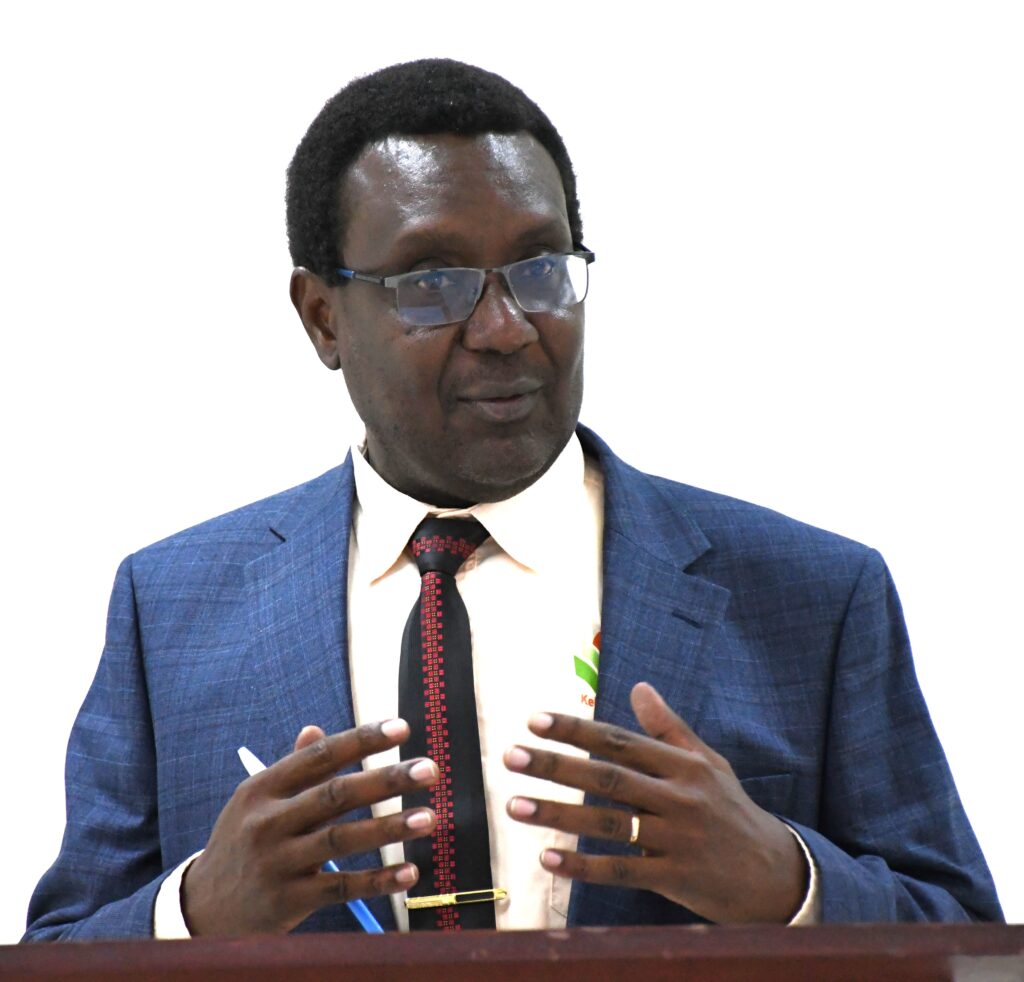
“This partnership started when a team from FAO visited our organisation and we were able to visit quite a number of partners where they established several gaps in knowledge and innovation transfer and they felt it would be good we craft an agreement so that we can be able to take some of our young agripreneurs to China so that they can be able to go and learn.”
Mwangi noted that the programme is structured to ensure practical application of skills.
“The course itself takes three years, one year they go to China, they live and work with the Chinese community, then the second year they come to Kenya they practise what they learned in China under our supervision as the professionals and then the last year they go back to China where they do the write up and after that they graduate with their qualification which is a master’s degree,” he said.
The first cohort of three graduates will complete their first year programme in October and are expected to establish a Scientific Technology Backyard at Mariira, Kenyatta Agriculture Institution in Murang’a, to implement the technologies they acquired.
According to Mwangi, more students are set to benefit. “The agreement was for three years, where we had the first cohort, where we managed to take three. The second cohort is this year, where we are taking six and next year we also have a cohort of another 10. In total, we had anticipated having a team of about 25, and we hope we’ll be able to achieve that by the end of next year.”
He also highlighted the selection challenges where one was supposed to have done an agricultural discipline with a second upper degree. “The number of students who are doing agriculture is dwindling, so we had to work with the universities to identify those students,” Mwangi said.
Under the arrangement, the Chinese government covers tuition and living expenses, while students and their families meet the cost of airfare. Mwangi stressed the importance of smallholder-focused technologies.
“If you look at the model of agriculture in Kenya, where our land is getting smaller and smaller every day, we need to have the appropriate technologies. So, we really want these students to go bring those technologies which are very suitable for the small holder farmers, as opposed to technologies which are not suitable for the small holder farmers which are being promoted in some of the regions, that’s why we focused on China.”
Prof. Agnes Oywaya Nkurumwa of Egerton University, a KeFAAS board member, underscored the broader goal.
“We are hoping that our young people are going to learn from China, not just the technology, because in Kenya, we are not short of technologies in agriculture. We have many competent, able researchers, but we are not able to effectively translate those technologies into practice on the farmer’s farm,” she said.
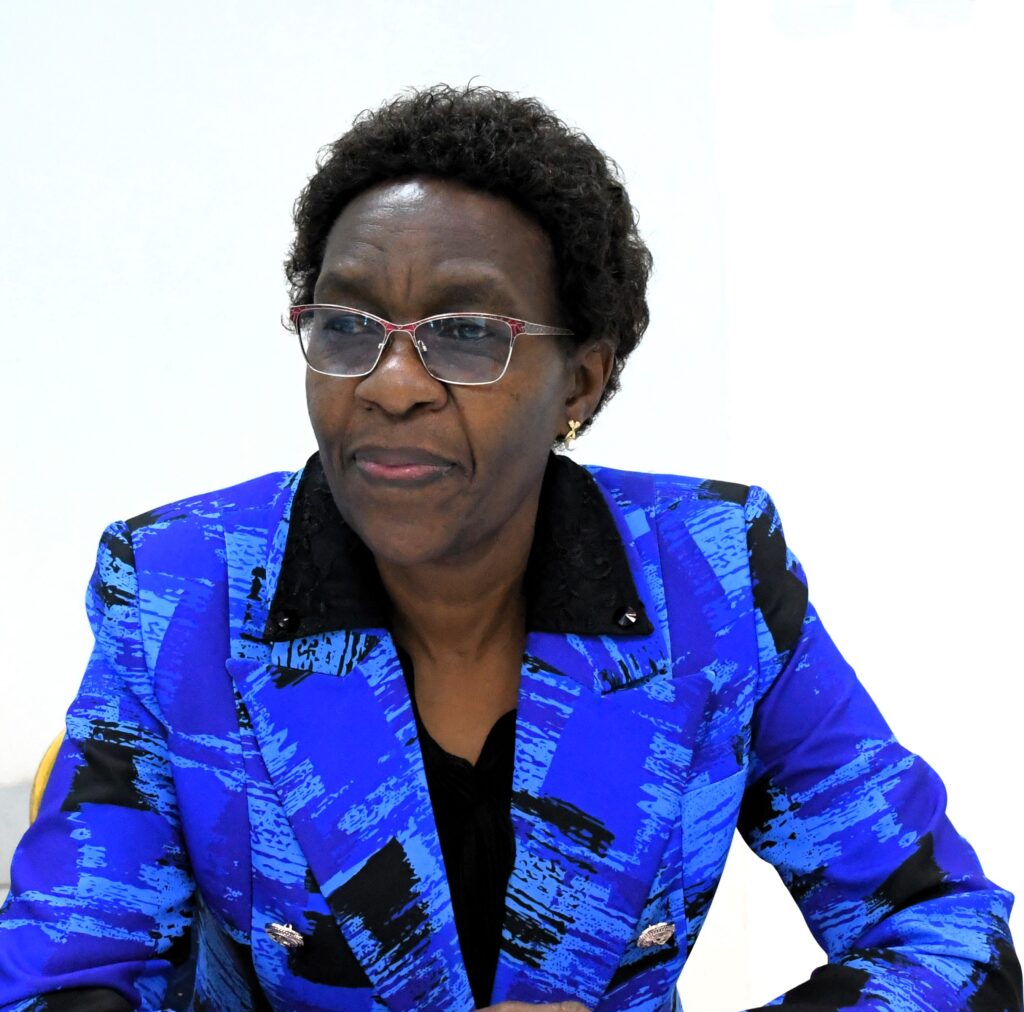
She added that one of the ways that they are expecting the young people to learn and benefit us as a country is how China supports their farmers. The area that is being focused on in this scholarship is basically about soil health, soil fertility, and plant health. Prof. Nkurumwa said the lessons on soil and plant health will be crucial for Kenya, where soil degradation remains a major challenge.
For the students, the programme is a life-changing opportunity. Javan Kiptoo Sogomo, a beneficiary, expressed his gratitude. “I’m a recent graduate from Egerton University, where I pursued a Bachelor’s degree in agricultural education and extension. I’d like to say a very big thank you; it is a great joy, and we do not take it for granted. Thank you very much. And we will work as hard as we can.”
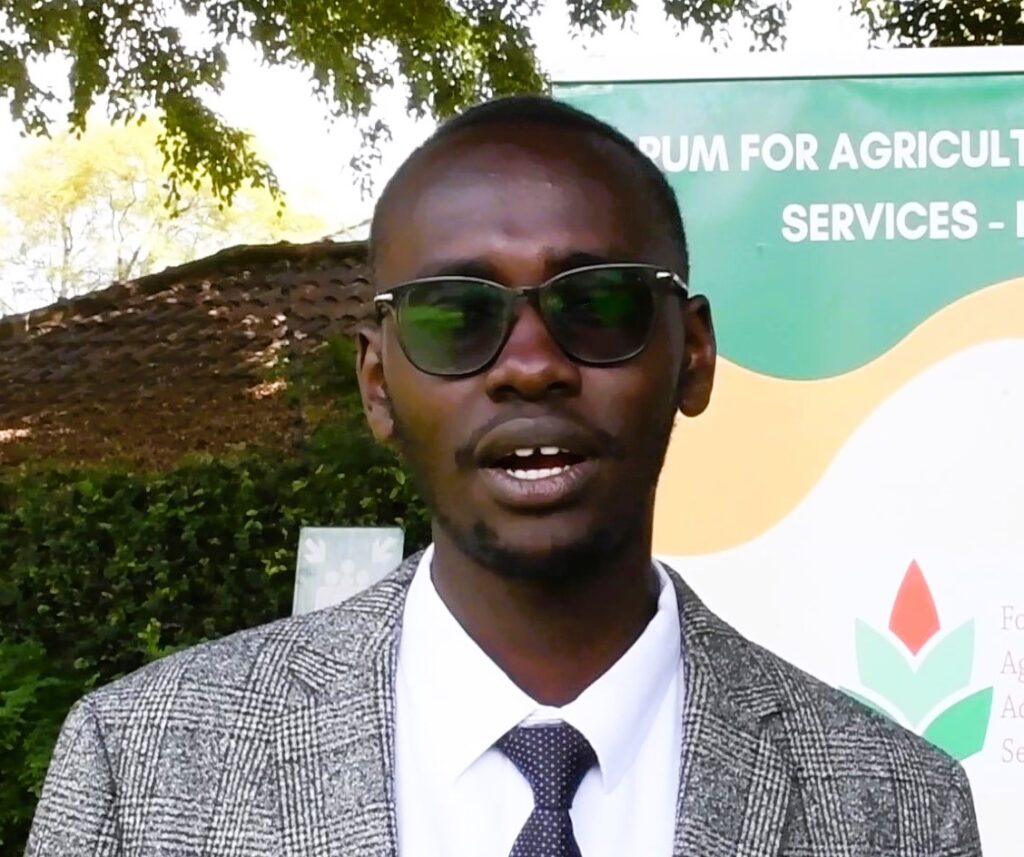
Sogomo, who has been farming maize and butternut in Baringo, hopes to bring back practical solutions. “With a course on resource utilisation, I believe I’ll be uniquely placed to be able to train farmers on how to effectively use their resources at home. On the part of plant protection with added knowledge on how to use and select, I believe it will be a plus on our side as a country and the people of Baringo to use our agrochemicals in the expected and proper use.”


